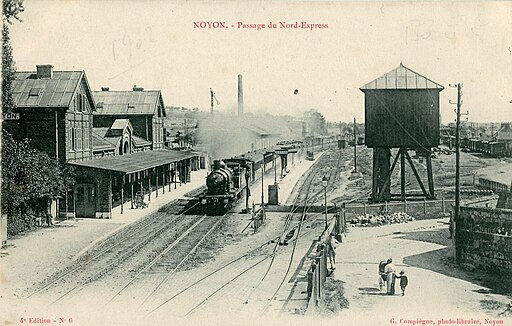Our universal fear of the all-consuming flames of an uncontrolled fire is the insurance agent’s most dependable friend. Advertising campaigns confront the homeowner with the dread reality in all its horrors. Those most exposed to the risk are also those least likely to afford insurance cover but readers of the Saturday Evening Post have a lot to lose and the means to insure against the worst. Life is good for them - years of conscientious toil finally rewarded with a precious sense of true contentment. A new home in a good neighbourhood, an attractive and devoted wife and a brace of bright and respectful children with a pay check to match. There are camping holidays, family barbecues, outdoor sports, trips to the ballgame and the mall, and two cars on the driveway. And yet, in the pages of Saturday Evening Post, a sober voice strikes a note of warning. All this comfort and prosperity can be wiped out in an instant - misfortune lies in wait. It could be unforeseen illness or a faulty fuse, an auto accident or a personal injury, a burst water pipe or a passing tornado.
Hazards are everywhere - the pan of boiling water that tips off the stove, the loose tile that splits the postman’s skull, the winding flex, the rusty nail, the overflowing bath, the uneven path, the falling tree, the unbalanced stepladder and the sting of an angry wasp. Insurance has the answer to every middle class anxiety. Nervous about entrusting your child’s education to state schooling? Insurance can provide the funds for private school fees. Concerned about the prospect of old age penury? Insurance offers the savings plan for security in retirement. Anxious about your health and longevity? None of us live forever but your life cover will provide for your loved ones if the worst should happen. Peace of mind is the product - the unforeseen, the unpredictable managed away by the prospect of compensation for catastrophe.
For decades, insurance companies had been shifting public perceptions to present themselves as rock solid institutions guided by philanthropic principles. They had an interest in maintaining a healthy clientele and embarked on an assiduous programme of publishing advice on fitness related topics. In the past their social functions had been provided by co-operative and mutual societies, trades unions, non-profit associations and self-help groups. Their corporate successors made every effort to conceal the commercial side of the business and focus attention on social protections and benefits. A major aim of the ad campaigns was to soften up the human target for the arrival of the “field agent” on the doorstep. Primed with a bulging portfolio of statistics and expert in the art of persuasion, the sales force employed every trick at their disposal to land a new customer and make their own jobs that little bit more secure. My favourite onscreen insurance agent is the dim and amoral Walter Neff (Fred MacMurray) who blunders his way through Billy Wilder’s Double Indemnity, fatally incriminating himself in his desperation to please morose sexpot, Phyllis Dietrichson (Barbara Stanwyck).
































